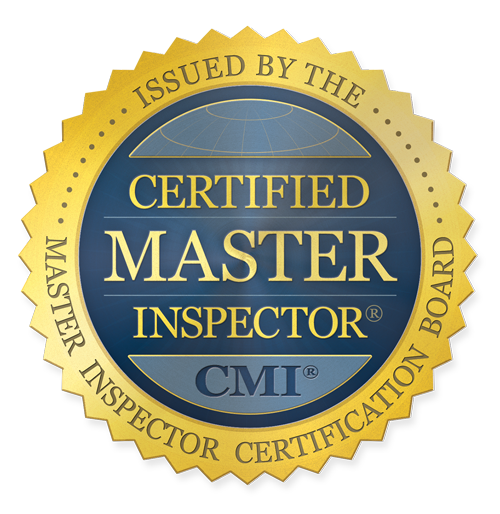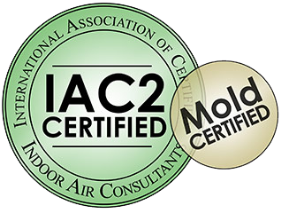When you are out house hunting or when you want to get a better homeowner’s insurance rate on your current home, it only makes sense to have a professional home inspection done.
But the fact is you can get a lot more out of your home inspection if you prepare yourself for inspection day ahead of time. Here are some of the most important ways you can be a smart home buyer in regard to an upcoming home inspection.
1. Choose Your Home Inspection Company With Care
The first step to get ready for a successful home inspection as a buyer is to identify which home inspection company you want to use. There may be many in your area, so you have the luxury of selecting only the best.
Look for highly trained, fully certified, and well-experienced inspectors. Look for a company that offers a wide range of inspection types so you can have the same company handle any and all inspections you might ask for. Check out customer reviews, BBB ratings, and compare options based on value-for-your-dollar.
2. Decide On Which Inspection-type(s) You Want
There are a number of different types of home inspection that you could conceivably order. The most common and basic is the 4-point inspection, which looks at the building’s four major systems (roofing, electric, plumbing, and HVAC). Next most common would be the full home inspection.
However, there’s also the wind mitigation inspection, WDO (wood-destroying organisms) inspection, and the infrared inspection to consider. It’s best to have a firm idea of what you want to accomplish through the home inspection and to consult a professional inspector to determine the most appropriate inspection(s) for that aim.
3. Understand the Basic Inspection Checklist
You can’t expect to become an immediate expert at what’s included in oftentimes very long and complex home inspection checklists. But you can at least familiarize yourself with the basics before inspection day.
You probably want to plan on accompanying the inspector as he or she inspects your prospective new home OR having someone else do so in your stead if you schedule won’t allow you to be there. Ask your inspector for a summary sheet showing what will be inspected, how, and why so you can understand what is going on.
4. Carefully Plan The Date
You are allowed to tour the building with the inspector if it’s a home you plan to buy and have put earnest money down on – or, of course, if it’s your own home you are having inspected. Be sure, if at all possible, to choose a date that allows you to take advantage of that privilege.
Make sure you are not squeezed for time, either. After all, you have to allow enough time for a thorough and complete inspection. You need to be able to ask questions and get answers – the last thing you want is to do the inspection while feeling rushed.
5. Prepare Physically for Inspection Day
Don’t wear your Sunday best when you go to a home inspection. True, you don’t want to dress in utter rags in front of the seller, but realize you may need to get into a dirty attic and other “less than impeccably clean” spaces. Plus, bring a rain poncho or umbrella because you have to inspect the outside of the building too, and inclement weather could strike. Also, bring a flashlight to use in dark corners and a notebook and pen to jot down questions, concerns, or defects.
6. Prepare Mentally for the Inspection
You have to consider several angles when preparing yourself mentally for a home inspection – as a potential buyer. Be ready to defend your own interests – yes, but also try to see things from others’ perspectives.
Be polite and considerate to the seller and to your inspector. Be realistic – every house has some problems. If you demand too much, you could lose a perfectly good home over it. If you shy away from asking tough questions where they need to be asked, on the other hand, you might end up with a disappointing deal.
Trust your home inspector – he is on your side! If you need to consult with him out of earshot of the homeowner at points, do so rather than risk seeming rude in front of the seller. If necessary, just keep notes and talk to your inspector right after the inspection is complete.
7. Have a Post-inspection Plan of Action
Another part or preparing for a home inspection is knowing what you plan to do afterward, based on the inspection report. There are time limits involved, so be sure to move quickly once you get the report and understand it.
Have a priority list as to the findings. That is, you will want to put safety issues first, structural or major problems second, and minor concerns last. Maybe you insist on newer roofing or HVAC ductwork in good working condition, for example, but you are willing to deal with minor cosmetic flaws.
Decide what you are willing to negotiate on and what is non-negotiable ahead of time and how much you are willing to pay (or not) in post-purchase repairs versus expecting the selling price to be negotiated down or expecting the seller to make the repairs.
Home inspections are an important tool that puts power in the buyer’s hand – “knowledge is power,” if used wisely. Certain home inspections might be required by homeowners’ insurance companies, and some may save you money on home insurance monthly premiums.
But to get the maximum benefit out of your upcoming home inspection, you will need to be prepared. For more information on how to prepare for a home inspection, contact Super Inspection Pros in Central Florida today for a free consultation!

